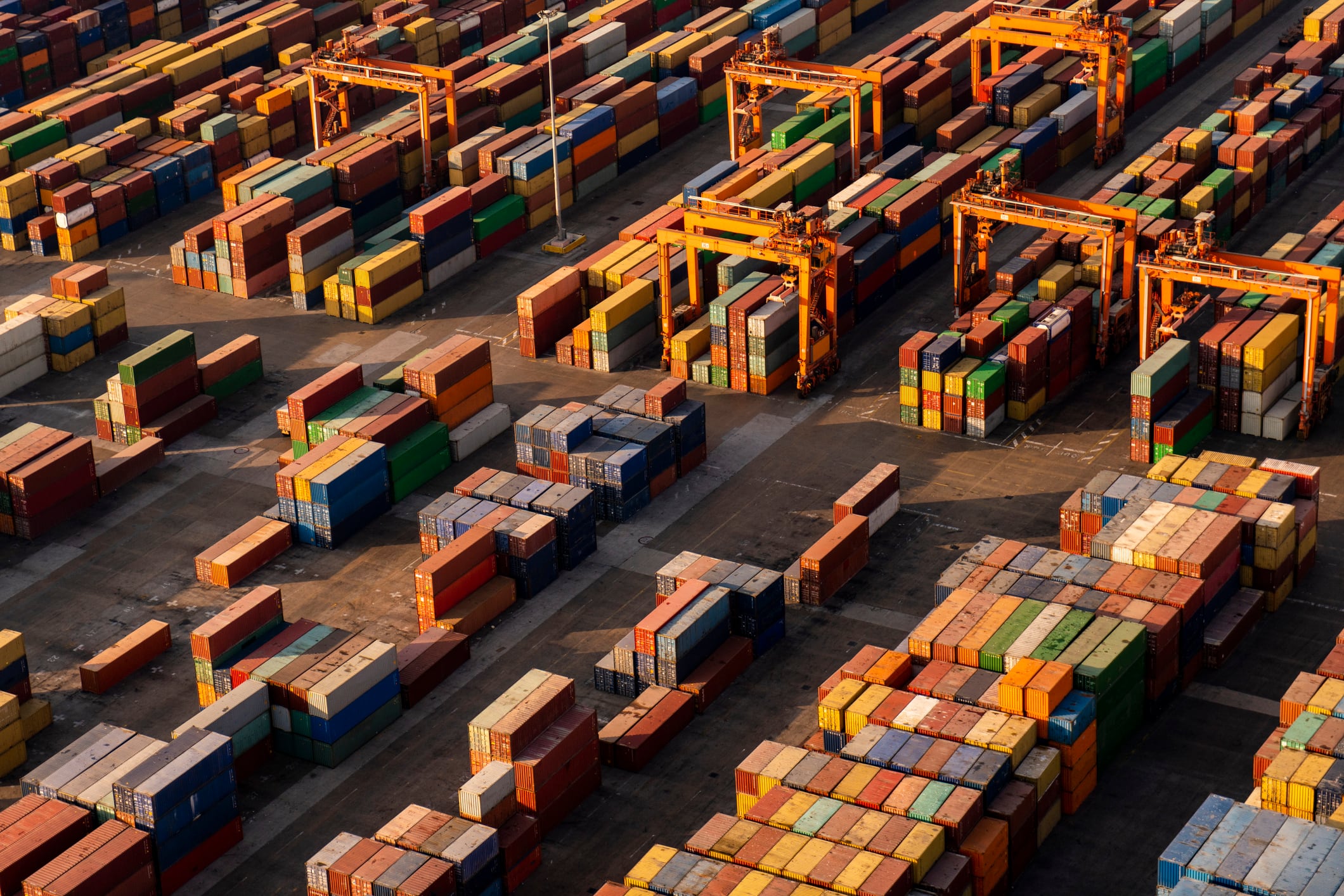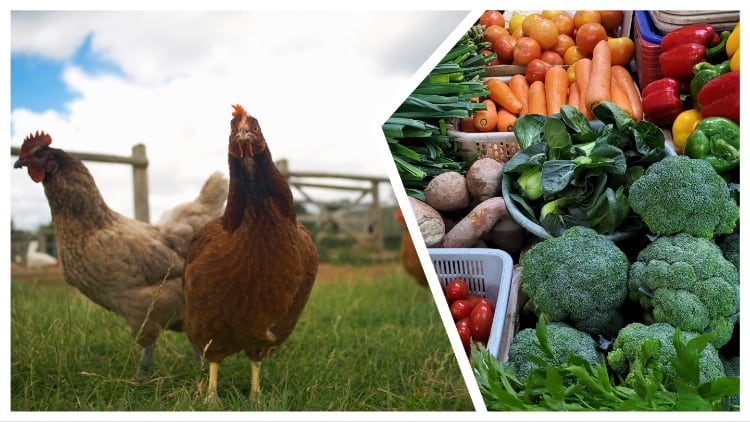It’s been a difficult year for the UK food and drink sector, with tariffs and geopolitical instability hitting British exports to some of our biggest markets. However, it’s promising for industry that the UK-EU relationship is looking healthier than before. The opportunity to build on this success could reduce trade friction for many businesses and provide new opportunities for exporters in the sector.
The tariffs introduced by US president Donald Trump have created difficulties for many businesses. The White House’s measures have upended global trade and brought in additional costs for many firms and consumers. Additionally, food and drink exporters are still experiencing trade friction when selling their goods into the EU, a region that is one of the UK’s biggest trading partners.
Research has found that the UK’s food and drink exports to the EU have fallen by 34% since Brexit. While some of this can be attributed to geopolitical factors, it shows that there is still work to do when it comes to improving our European trading relationship.
The recent summit in May between UK Prime Minister Sir Keir Starmer and European Commission president Ursula von der Leyen represents an important milestone for the relationship. During this historic meeting, a number of agreements were sketched out, including several that could help the food and drink industry.
Continuing the recent success in improving the joint UK-EU relationship isn’t just a chance for the Government to boost the UK’s food and drink manufacturers, it also presents an opportunity for ministers to use ‘Brand Britain’ to achieve other major policy objectives in areas such as, defence and security.
How the TCA review can be used to strengthen EU ties
During the Labour Party’s Annual Conference in Liverpool, the Chartered Institute hosted a series of events with senior figures in government, including MPs and ministers. Each of them stressed that Downing Street was continuing to push for closer ties with Europe, to strengthen ties with our most important trading partner.
The Chartered Institute recently explored how to improve this relationship in our report into how the Government can use the upcoming UK-EU Trade and Cooperation Agreement (TCA) review to build on the diplomatic successes of the last year.
One of the recommendations is to use these TCA talks to push forward the implementation of a common area for sanitary and phytosanitary (SPS) goods. These controls can include border checks and additional paperwork and are implemented to protect consumers and the environment from diseases. Starmer and von der Leyen both signalled a commitment to this Common SPS Area, but implementation is still yet to come.
Such a policy would address a source of post-Brexit friction by streamlining the movement of food goods and removing many barriers to the UK’s traders.
Crucially, this also reflects the shared commitment to maintaining high standards in food safety, consumer protection and animal health. Trusted trade is just as important as open trade when it comes to food, so any policy which improves market access while also protecting our food security is to be welcomed.
The report also highlighted the need for simplification of many customs rules and processes, most notably the requirements for Rules of Origin (RoO). We constantly hear from businesses, particularly SMEs, that say they face higher and higher administrative burdens when moving agrifood goods to Europe.
Empowering UK SMEs with enhanced guidance and streamlined processes for applying RoO would help more small traders gain access to zero-tariff trade. The Government already has stated its commitment to helping smaller businesses; we just need to see them put their ideas into practice.
Other opportunities
It isn’t just Europe where the government can improve things for UK food and drink traders.
One of the events we hosted at the Labour conference featured trade minister Sir Chris Bryant, who talked up the Government’s approach to trade deals. He told us that more negotiations and signed treaties were expected, including one with the Latin American trade bloc Mercosur.
Other deals being negotiated that the Government is positive about include the UK-Gulf Cooperation Council (GCC).
GCC nations – which include Saudi Arabia, the UAE and Kuwait – already purchase substantial volumes of British food and drink products, and recent stats project that the GCC market for food could be as high as US$94.5bn.
Gaining access to this crucial market of the future would not only be a boost for traders; it would represent a significant ‘first mover’ advantage for UK businesses and help establish Brand Britain in an upcoming and growing market.
We need steady EU trade
Regardless of the moves in other countries, the EU remains one of the most important markets for UK firms, and making life easier for British food and drink manufacturers can only be a positive.
During this time of tariff turmoil and geopolitical instability, ensuring a steady trade with European markets for our food and drink manufacturers is a crucial bulwark against inflation and anaemic growth.
The Government’s continued commitment to strengthening European relations is therefore a positive step forward for business. Using international trade as a conduit for achieving other objectives – such as security and defence – is a proof of trade’s importance as a force for good in the world.
By taking advantage of this improved relationship with the EU, we help boost our world-leading food and drink industry and shepherd the UK through difficult geopolitical times.
Despite the positive progress, more work is needed. UK food and drink traders still face issues at the border when selling their goods into European markets.
We know the problem and we have the solution. We now need the Government to deliver.




